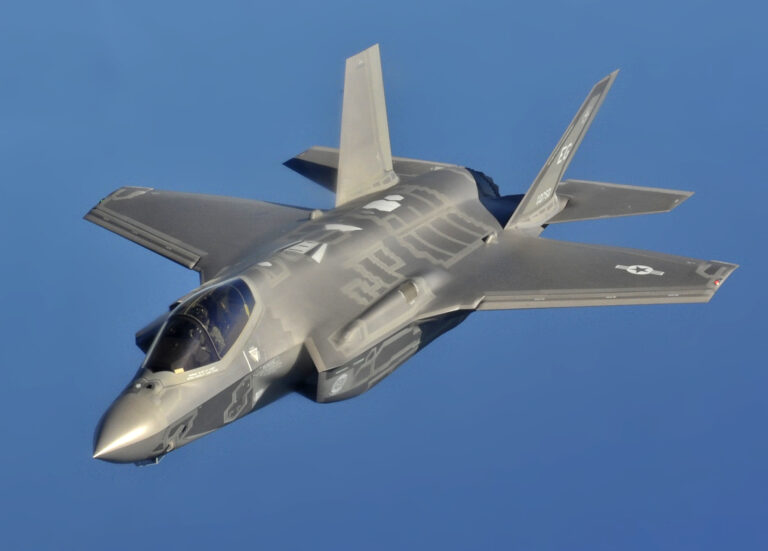In a notable strategic realignment, Portugal’s Defense Minister, Nuno Melo, confirmed the abandonment of plans to acquire the American Lockheed Martin F-35 fighter jet. This decision reflects significant shifts in Portugal’s geopolitical stance, influenced by uncertainties stemming from the Trump administration and the evolving multipolar global landscape.
Historically reliant on U.S.-built fighters such as the F-16, Portugal now openly favors European defense collaboration. Melo clarified that opting out of the F-35 is not merely a financial decision but represents Portugal’s broader strategic vision to strengthen defense ties and interoperability with European allies, specifically emphasizing the importance of cooperation within NATO’s European contingent.
Portugal is actively evaluating European-built fighters such as the Eurofighter Typhoon, Dassault Rafale, and Saab Gripen. Additionally, Lisbon remains attentive to ongoing sixth-generation fighter programs, notably the FCAS (Future Combat Air System)—led by France, Germany, and Spain—and the UK-led Tempest, viewing them as viable long-term alternatives to American platforms.
This move underscores Portugal’s commitment to reinforcing Europe’s defense capabilities and autonomy, potentially paving the way for greater participation in continental defense initiatives. It simultaneously signals a nuanced approach to balancing relations between Europe and the United States amid shifting geopolitical realities.


